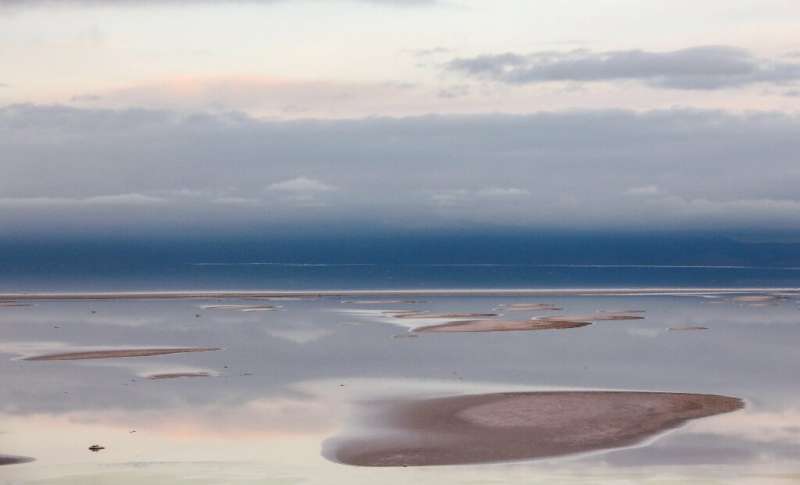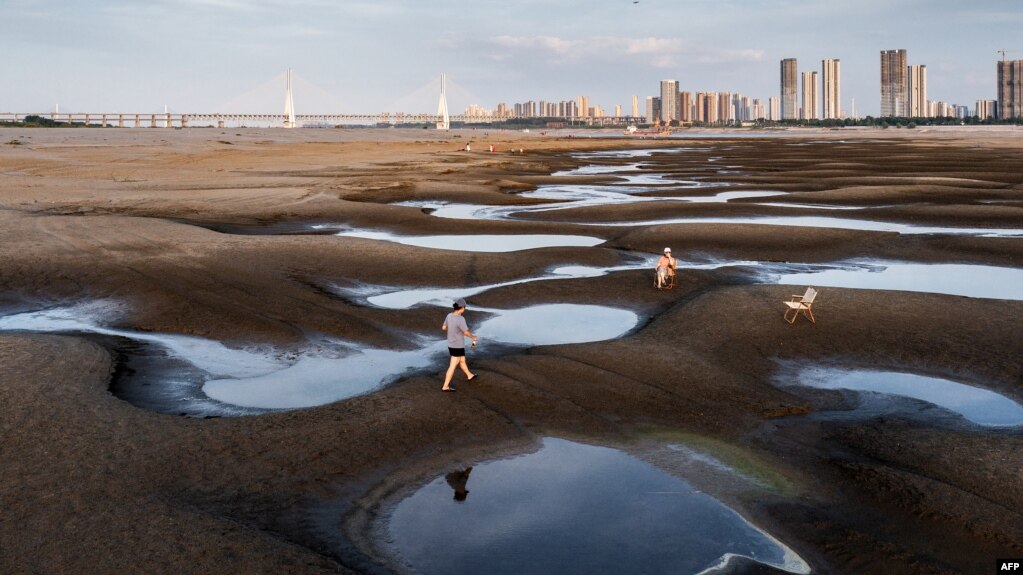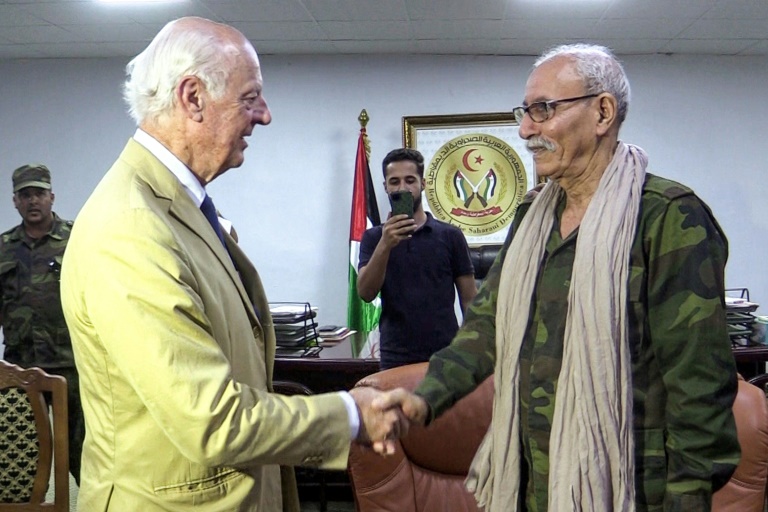The United Nations' International Atomic Energy Agency has called for the establishment of a protection zone around Ukraine’s Zaporizhzhia nuclear power plant (ZNPP) in southern Ukraine, so long as Russia’s invasion continues.
In a report issued after visiting the nuclear plant — Europe’s largest — the IAEA said shelling presented a major risk to nuclear safety.
"While the ongoing shelling has not yet triggered a nuclear emergency, it continues to represent a constant threat to nuclear safety and security with potential impact on critical safety functions that may lead to radiological consequences with great safety significance," the IAEA said in the report.
It said the best course of action would be for the conflict to end, but failing that, a security area should be established. It also called for the removal of Russian armored vehicles that the delegation observed at the plant.
"Shelling on site and in its vicinity should be stopped immediately to avoid any further damages to the plant and associated facilities, for the safety of the operating staff and to maintain the physical integrity to support safe and secure operation. This requires agreement by all relevant parties to the establishment of a nuclear safety and security protection zone around the ZNPP," it said.
It said it was ready to offer guidance on establishing such a zone.
What damages did the IAEA delegation observe?
During the visit, the IAEA said it saw numerous cases of damage, and at one point the delegation was forced to seek shelter from incoming shell fire.
The damaged infrastructure included a turbine lubrication oil tank; the roofs of several buildings including the one housing the spent fuel transporter vehicle; the building that houses fresh nuclear fuel and the solid radioactive waste storage facility; the new training building; the building with the central alarm system for the physical protection system; and the container holding radiation monitoring system which is near the dry spent fuel storage facility.
It heaped praise on the staff manning the plant, but said working and living conditions needed to improve for them to avoid the risk of a nuclear accident.
"The staff at all of Ukraine’s nuclear facilities have continued to show endurance and resilience in keeping the sites running in a safe and secure way amid the conflict, and the IAEA salutes them," it said.
It said they were "under constant high stress and pressure, especially with the limited staff available."
"This is not sustainable and could lead to increased human error with implications for nuclear safety."
Kyiv and Moscow have repeatedly accused each other of shelling the plant. The Zaporizhzhia plant, along with most of the rest of the region, has been under Russian occupation since March, but is run by Ukrainian staff.
Ukraine's nuclear agency Energoatom said on Monday that shelling disrupted power lines and took the plant's last remaining reactor offline.
The UN nuclear watchdog, citing information supplied by Kyiv, said that the plant's backup power line had been cut to extinguish a fire. It said that the line itself was not damaged and would be reconnected.
Later on Tuesday, IAEA chief Rafael Grossi will brief the UN Security Council.
Ukrainian President Volodymyr Zelenskyy warned of a "near radiation catastrophe," and alleged that Moscow "does not care what the IAEA will say."
Meanwhile, Kyiv has claimed gains in a counter-offensive in Ukraine's south, including the re-capture of one village in the Kherson region, which lies immediately west of Zaporizhzhia.
Here's a look at some of the other major news stories from Russia's war in Ukraine on September 6.
European Commission recommends Russian visa deal be dropped
The European Commission has recommended that the Visa Facilitation Agreement with Russia be suspended.
The move was largely expected, and will now be passed onto the European Council for final approval.
"A country like Russia, waging a war of aggression, should not qualify for visa facilitations as long as it continues conducting its destructive foreign policy and military aggression towards Ukraine, demonstrating a complete disregard to the international rules-based order," the Commission said in a statement.
"The suspension is in response to increased risks and threats to the Union's security interests and the national security of the Member States as result of Russia's military aggression against Ukraine."
Suspending the deal would mean a more arduous process for visas for Russian nationals, but would include considerations for family members of EU citizens, journalists, dissidents and civil society representatives.
The increased hurdles they face would include a higher visa fee (€80 up from €35), processing times of up to 45 days, restrictions on multiple entry visas, and a requirement for more documents.
The visa deal first came into force in 2007, but ministers from EU member states last week agreed to put it on ice. The new arrangement falls well short of an outright ban on visas for Russians, which some EU states had called for.
According to the Commission, about 963,000 Russians held valid visas to the Schengen area.
























